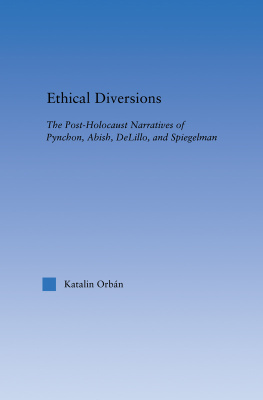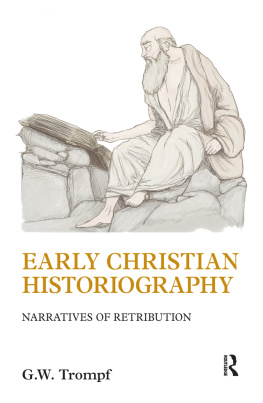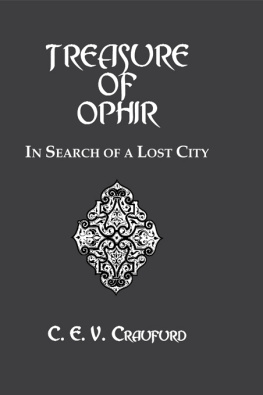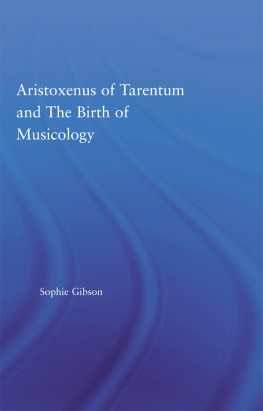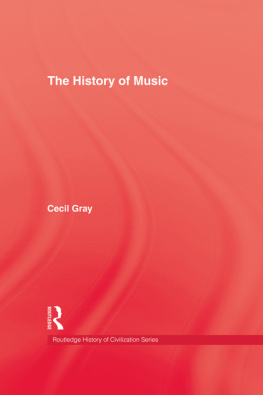LITERARY CRITICISM AND CULTURAL THEORY
Edited by
William E. Cain
Wellesley College
A ROUTLEDGE SERIES
LITERARY CRITICISM AND CULTURAL THEORY
WILLIAM E. CAIN, General Editor
DEAD LETTERS TO THE NEW WORLD
Melville, Emerson, and American Transcendentalism
Michael McLoughlin
THE OTHER ORPHEUS
A Poetics of Modern Homosexuality
Merrill Cole
THE OTHER EMPIRE
British Romantic Writings about the Ottoman Empire
Filiz Turhan
THE DANGEROUS POTENTIAL OF READING
Readers and the Negotiation of Power in Nineteenth-Century Narratives
Ana-Isabel Aliaga-Buchenau
INTIMATE AND AUTHENTIC ECONOMIES
The American Self-Made Man from Douglass to Chaplin
Thomas Nissley
REVISED LIVES
Walt Whitman and Nineteenth-Century Authorship
William Pannapacker
THE REAL NEGRO
The Question of Authenticity in Twentieth-Century African American Literature
Shelly Eversley
LABOR PAINS
Emerson, Hawthorne, and Alcott on Work and the Woman Question
Carolyn R. Maibor
NARRATIVE IN THE PROFESSIONAL AGE
Transatlantic Readings of Harriet Beecher Stowe, George Eliot, and Elizabeth Stuart Phelps
Jennifer Cognard-Black
FICTIONAL FEMINISM
How American Bestsellers Affect the Movement for Womens Equality
Kim Loudermilk
THE COLONIZER ABROAD
Island Representations in American Prose from Melville to London
Christopher McBride
THE METANARRATIVE OF SUSPICION IN LATE TWENTIETH CENTURY AMERICA
Sandra Baringer
PROTEST AND THE BODY IN MELVILLE, DOS PASSOS, AND HURSTON
Tom McGlamery
THE ARCHITECTURE OF ADDRESS
The Monument and Public Speech In American Poetry
Jake Adam York
THE SLAVE IN THE SWAMP
Disrupting the Plantation Narrative
William Tynes Cowan
READING THE TEXT THAT ISNT THERE
Paranoia in the Nineteenth-Century American Novel
Mike Davis
RACIAL BLASPHEMIES
Religious Irreverence and Race in American Literature
Michael L. Cobb
ETHICAL DIVERSIONS
The Post-Holocaust Narratives of Pynchon, Abish, DeLillo, and Spiegelman
Katalin Orbn
ETHICAL DIVERSIONS
The Post-Holocaust Narratives of Pynchon, Abish, DeLillo, and Spiegelman
Katalin Orbn
Routledge
New York & London
Published in 2005 by
Routledge
270 Madison Avenue
New York, NY 10016
www.routledge-ny.com
Published in Great Britain by
Routledge
2 Park Square
Milton Park, Abingdon
Oxon OX14 4RN
www.routledge.co.uk
Copyright 2005 by Taylor & Francis Group, a Division of T&F Informa.
Routledge is an imprint of the Taylor & Francis Group.
Transferred to Digital Printing 2005
All rights reserved. No part of this book may be reprinted or reproduced or utilized in any form or by any electronic, mechanical, or other means, now known or hereafter invented, including photocopying and recording, or in any information storage or retrieval system, without permission in writing from the publishers.
Excerpts from Ninth Duino Elegy copyright 1939 by Rainer Maria Rilke, translated by J. B. Leishman and Stephen Spender used by permission of W.W. Norton and Company Inc. Excerpts from Gravitys Rainbow copyright 1973, 2001 by Thomas Pynchon, used by permission of Viking Penguin, a division of Penguin Group (USA) Inc., reprinted in the UK by permission of Melanie Jackson Agency, LLC. Excerpts from Alphabetical Africa, copyright 1974 by Walter Abish. Reprinted by permission of New Directions Publishing Corp. Excerpts from How German Is It, copyright 1979, 1980 by Walter Abish. Reprinted by permission of New Directions Publishing Corp. Excerpts from In The Future Perfect, copyright 1977 by Walter Abish. Reprinted by permission of New Directions Publishing Group
Orbn, Katalin.
Ethical diversions : the post-holocaust narratives of Pynchon, Abish, DeLillo, and Spiegelman / by Katalin Orbn.
p. cm. -- (Literary criticism and cultural theory)
Includes bibliographical references.
ISBN 0-415-97167-5 (alk. paper)
1. American fiction--20th century--History and criticism. 2. Holocaust, Jewish (1939-1945), in literature. 3. Judaism and literature--United States--History--20th century. 4. World War, 1939-1945--United States--Literature and the war. 5. Pynchon, Thomas--Knowledge--Holocaust, Jewish (1939-1945) 6. Spiegelman, Art--Knowledge--Holocaust, Jewish (1939-1945) 7. Abish, Walter--Knowledge--Holocaust, Jewish (1939-1945) 8. DeLillo, Don--Knowledge--Holocaust, Jewish (1939-1945) 9. Ethics in literature. 10. Jews in literature. I. Title. II. Series.
PS374.H56073 2004
813.5409358--dc22 | 2005018260 |
To my grandparents
I would like to thank Derek Attridge, Harriet Davidson, John McClure, and Steven Connor, for their encouragement and useful comments on the first version of this text as a dissertation at Rutgers University. Derek Attridge was everything I hoped for in an advisor: a constant source of inspiration, and never a source of intellectual constraint or pressure. I am grateful for the fellowship I received from the Soros Foundation, which gave me the opportunity to broaden my horizons as a graduate student. This book is in even greater debt to Paul Levine, who changed my life over a cup of coffee at Caf Gerbeaud by first talking me into pursuing a career beyond Hungarys borders. If I am at home or homeless on several continents now, I always have coffee or Paul to blame. My approach in this book has been shaped by the difficult, but ultimately productive encounter between two very different institutions with their dissimilar and often conflicting ideas about teaching, literature, good literary scholarship, and acceptable styles of writing. My thanks go to Pter Dvidhzi, Istvn Geher, gnes Pter, and Ferenc Takcs at Etvs Lornd University andof those so far unmentioned at Rutgers UniversityMyra Jehlen and Marianne DeKoven for making this experiment in cultural translation especially interesting for me. I thank those friends and colleagues at the National University of Singapore, who gave me advice or offered their hospitality for the completion of research and revisions: Julia Gardner, Lo Mun Hou, Harvey Molloy, and Ashley Stockstill.
I would like to thank my family for giving me the moral, emotional and intellectual resources that I can draw on in my somewhat nomadic life they have so generously accepted. As a poet, my father found much insufferable in the academic study of literature, the excesses and shortcomings of which he loved to mockI am pleased that he occasionally made an exception for me. Finally, thanks to Zsfi, who inspires me and makes me laugh, often at the same time.
From Difference to Marvelous Non-Indifference
Why ethics rather than nothing? While most postmodern theories and artworks could not answer this question even if they bothered to, they often enough keep asking it and answer it anyway. The prominence of ethical questions in the humanities has been so striking in the past few decades that it has repeatedly invoked the phrase the ethical turn by obvious analogy to the significant linguistic turn. The title of Deconstruction and the Ethical Turn, published by Peter Baker in 1995, is boldly intended to rhyme with that movement in twentieth-century philosophy and literary theory called the linguistic turn, as the author announces in the very first sentence.
In The Return to Ethics: A Report from the Front, Daniel T. OHara surveys, if only very briefly, a far more extended and diverse academic terrain and glimpses even at popular developments. His list wanders from the Slavoj iek of
Next page
